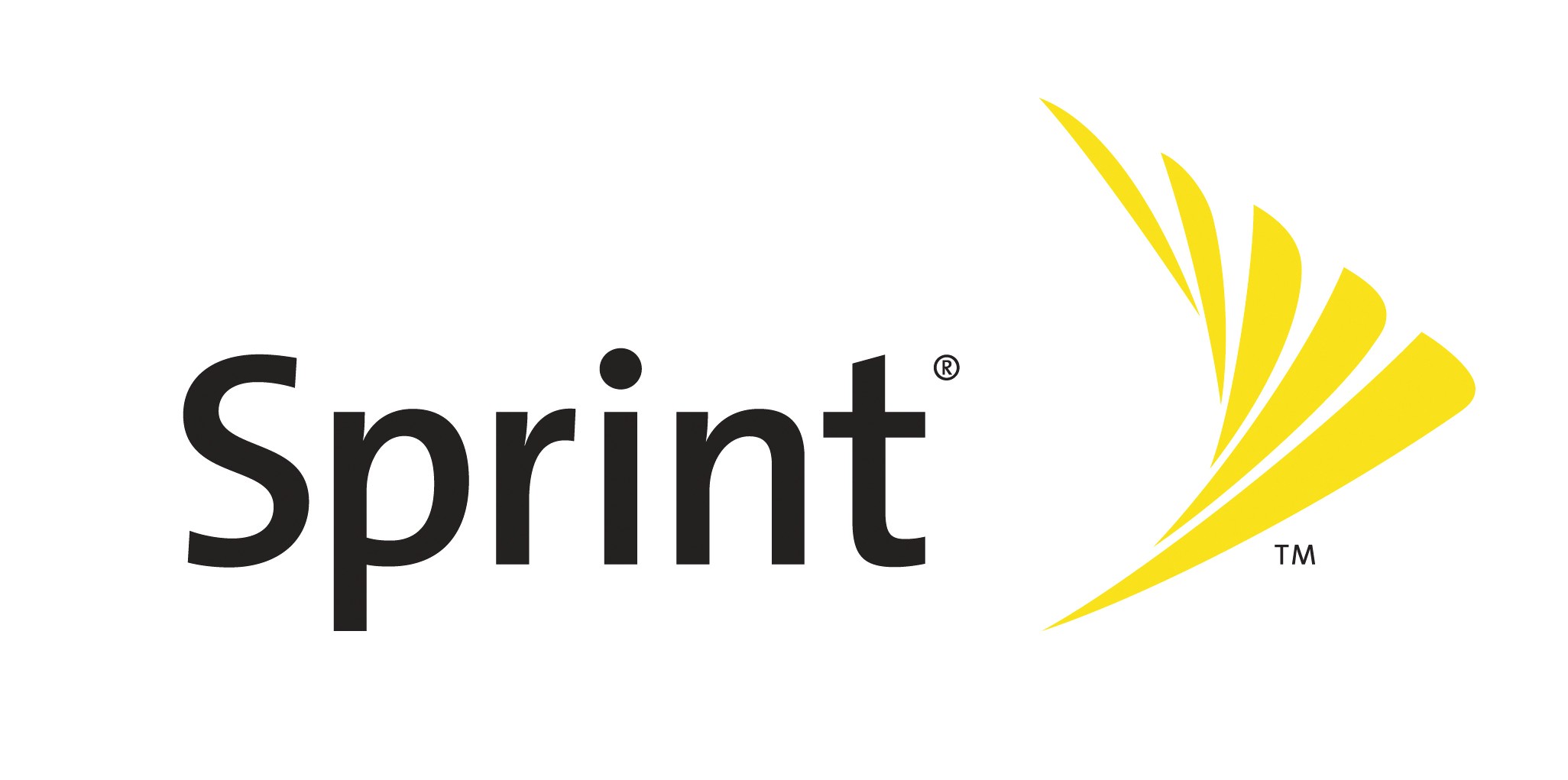Sprint, SoftBank reach US security deal

Ahead of SoftBank's takeover of Sprint, the companies have agreed to allow U.S. authorities the power to regulate Sprint's national security protocols.

For $20.1 billion, Sprint agreed to give Japanese carrier SoftBank a 70 percent stake in the U.S. carrier. According to Reuters sources, in order to have the deal pushed through, SoftBank has agreed to give U.S. authorities power on Sprint's board to oversee national security concerns.
If the plan to merge the two companies goes ahead, the U.S. government will be able to veto new equipment purchases made by Sprint. The demand has been made in light of the recent scrutiny given to foreign networking equipment — especially when manufactured in China — which has the potential to threaten national and company infrastructure.
Chinese telecoms manufacturers Huawei and ZTE have come under particular scrutiny. Not only have the companies been accused of anti-competitive behavior and flooding European markets by the European Commission, but last year, the House of Representatives' Intelligence Committee warned U.S. businesses to avoid using their products due to cybersecurity worries.
SoftBank CEO Masayoshi Son has agreed to strip out equipment made by ZTE from Sprint networks if required. Removing and replacing these components could cost the firm up to $1 billion.
In addition, the U.S. government will be permitted to establish a four-member supervision committee "to make sure the companies abide by their national security promises." A Sprint board member will also be present on this panel.
Rival firm Dish Networks has also added to the mix. The satellite television service provider made a rival bid of $25.5 billion for Sprint, and has further tried to scupper the SoftBank-Sprint deal by placing full-page advertisements in Washington newspapers warning that the merger would threaten American security. However, the firm is not without governmental backing, as Senator Charles Schumer has also expressed concerns that Chinese hackers could infiltrate U.S. infrastructure through both Sprint and Clearwire's networking equipment.
A formal announcement of the deal between SoftBank, Sprint and the U.S. government is expected this week.